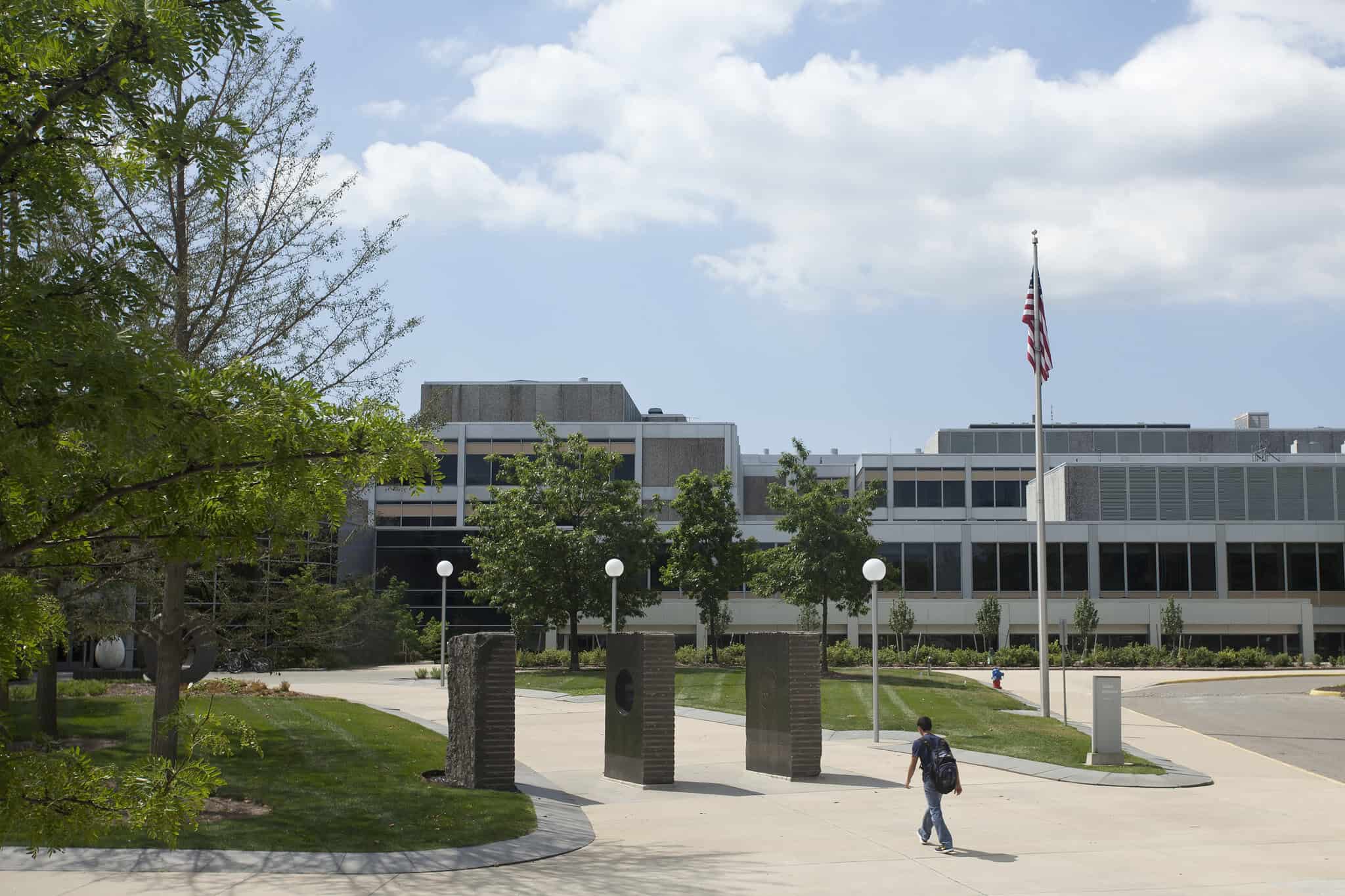
Chemical Engineering students receive NSF graduate fellowship awards
Three Michigan Chemical Engineering students have been selected to receive the National Science Foundation (NSF) Graduate Research Fellowship.

Three Michigan Chemical Engineering students have been selected to receive the National Science Foundation (NSF) Graduate Research Fellowship.
Three Michigan Chemical Engineering students have been selected to receive fellowships from the National Science Foundation (NSF). The NSF Graduate Research Fellowship is a highly selective program that strives to expand the involvement of diverse talents across all areas of STEM, with applicants pursuing a full-time research-based master’s or doctoral degree.
Wen-Wei Wong, a first-year Chemical Engineering PhD student in Jovan Kamcev’s lab is among the recipients. Wong is conducting research to address the growing problem of global water scarcity. His efforts work to improve the performance of charged polymer membranes for water desalination by synthesizing new polymers with different chemistries that can better separate salt from water. As water use increases around the world, improving access to clean water will be crucial.
“I feel very fortunate to be a recipient of the NSF GRFP,” Wong said. “I hope that I can inspire more first-generation college students like myself to be the academic trailblazers for their families, pursue higher education, and achieve their academic and career goals.”
“I hope that I can inspire more first-generation college students like myself to be the academic trailblazers for their families, pursue higher education, and achieve their academic and career goals.”
Wen-Wei Wong
Chemical Engineering PhD Student
Benjamin Laubach, a current Chemical Engineering PhD student in Rebecca Lindsey’s lab was also selected for the fellowship for his work on machine-learned interatomic models (ML-IAMs) that aim to bridge efficiency gaps between computational demand and accuracy when carrying out quantum-based methods and force-field methods to render an atomic-scale simulation. Laubach is developing an innovative physics-informed graph-based “fingerprinting” method to improve the interpretability of machine-learning models. His team’s approach provides insight into particularly complex chemical and material systems and how ML-IAMs perceive system structure.
“I am thrilled and deeply honored to receive recognition from the National Science Foundation, reflecting their confidence in my research objectives,” Laubach said. “This acknowledgment serves as a tremendous motivation to continue pursuing innovative discoveries in the field.”
“I am thrilled and deeply honored to receive recognition from the National Science Foundation…This acknowledgment serves as a tremendous motivation to continue pursuing innovative discoveries in the field.”
Benjamin Laubach
Chemical Engineering PhD student
Tony Zheng is another recipient of the NSF fellowship. As an undergraduate researcher in Xiwen Gong’s lab, Zheng is conducting research focused on wearable and stretchable electronics for healthcare applications.
“At first, I thought there was no chance I was actually selected over other applicants, but then I checked the website for myself, and it was real,” Zheng said. “Honestly, I am happy to know that there are people out there who have trust in me, and I am extremely grateful for everyone who has shown me support.”
“Honestly, I am happy to know that there are people out there who have trust in me, and I am extremely grateful for everyone who has shown me support.”
Tony Zheng
Chemical Engineering Undergraduate Student
The NSF Graduate Research Fellowship Program is the oldest STEM-based graduate fellowship. Founded in 1951, the program awards recipients a three-year annual stipend, tuition assistance and professional development opportunities. Since its foundation, NSF has awarded over 70,000 fellowships to outstanding applicants.